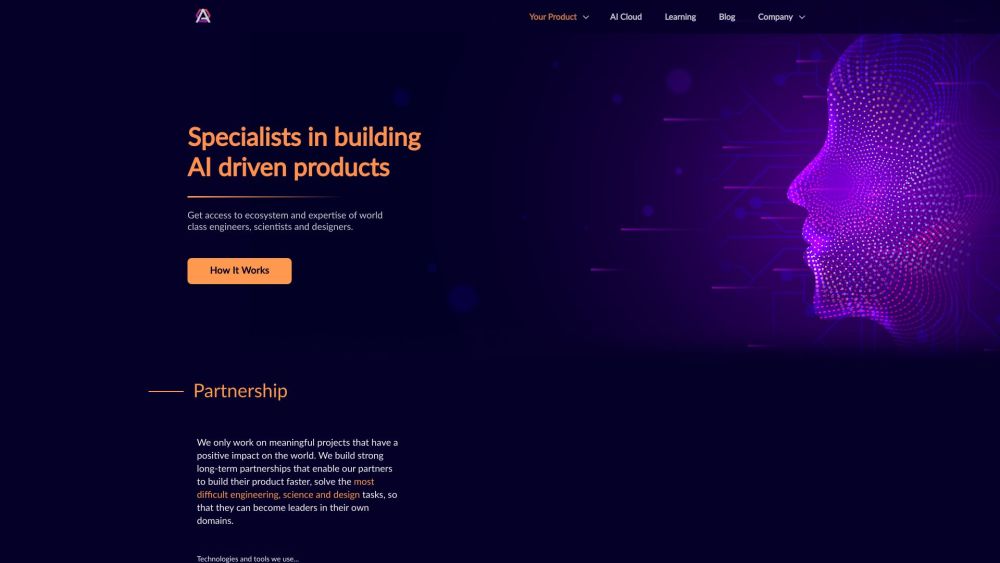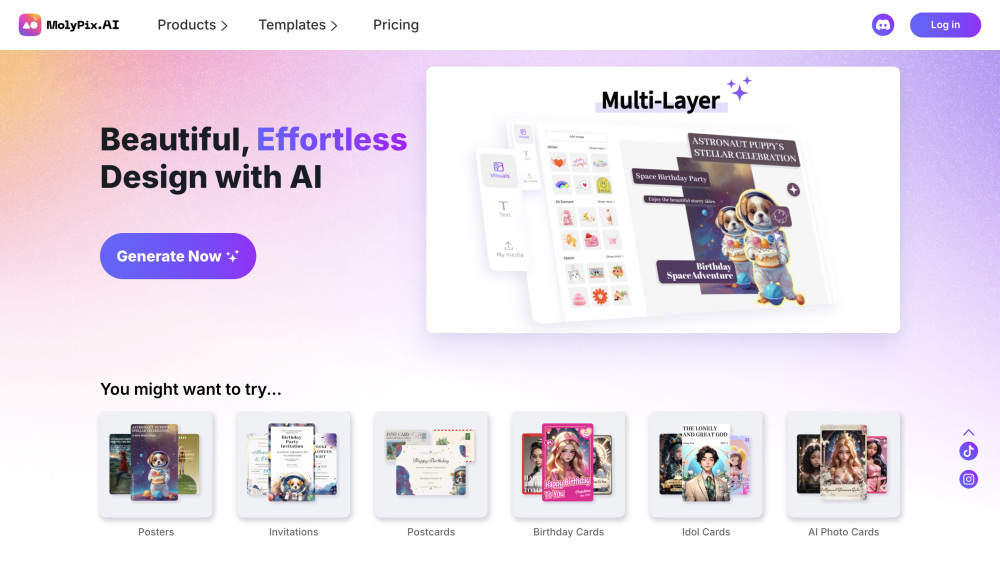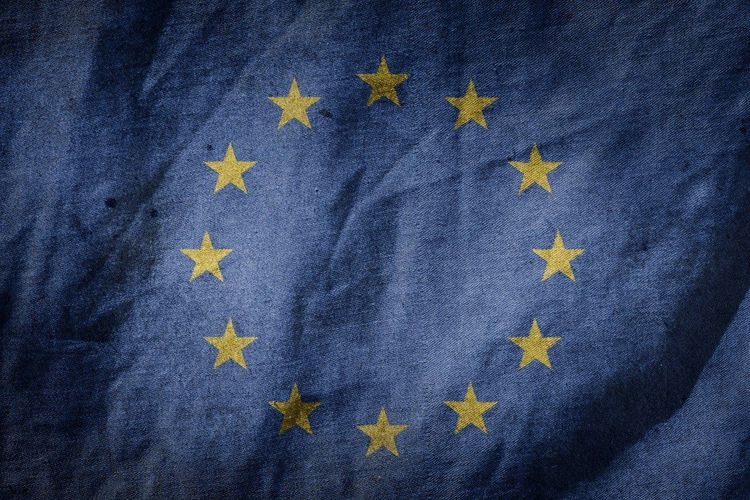Lego Acknowledges Unlicensed Use of AI-Generated Artwork and Issues Apology
Most people like
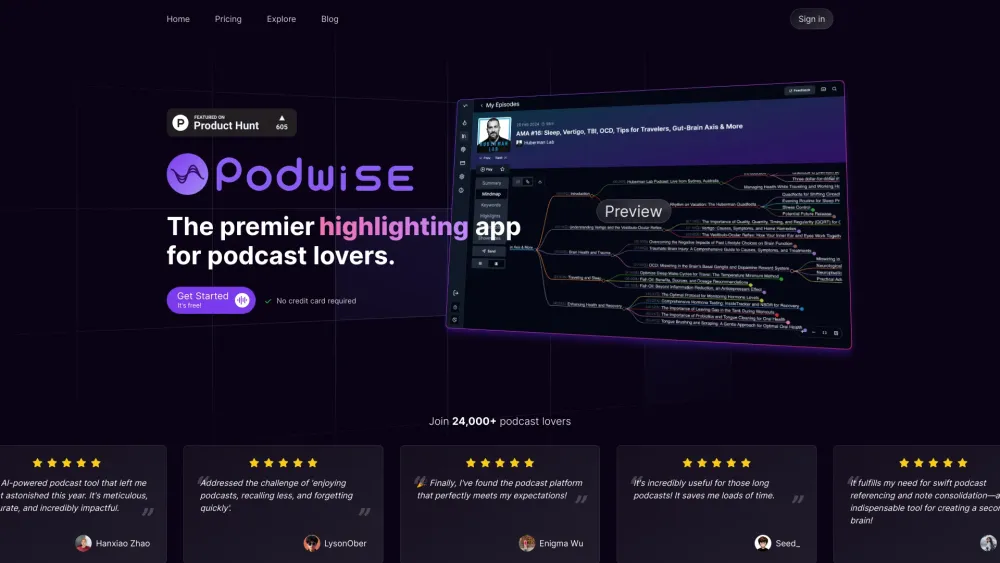
Revolutionize your podcast experience with our advanced transcription and summarization tool, designed to enhance clarity and accessibility for listeners and creators alike.
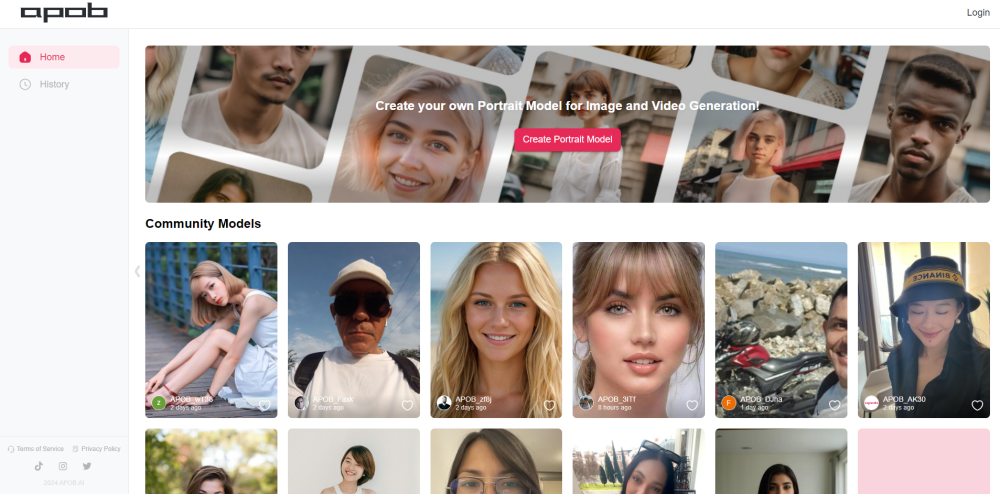
In today’s digital landscape, AI persona creation tools are revolutionizing how businesses and content creators develop their brand identities. By leveraging advanced artificial intelligence, these tools enable users to craft detailed and engaging personas that resonate with their target audience. Whether you're a marketer aiming to enhance your campaigns or a writer looking to create relatable characters, AI persona creation tools provide an innovative solution that combines creativity with data-driven insights. Discover how these powerful tools can transform your approach to persona development and strengthen your connection with your audience.
Find AI tools in YBX

